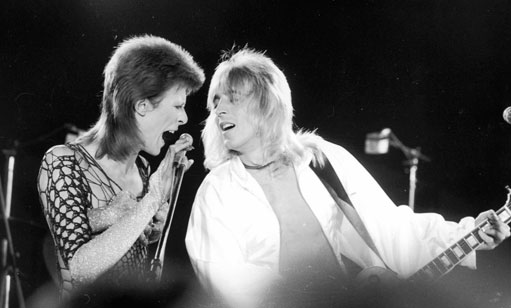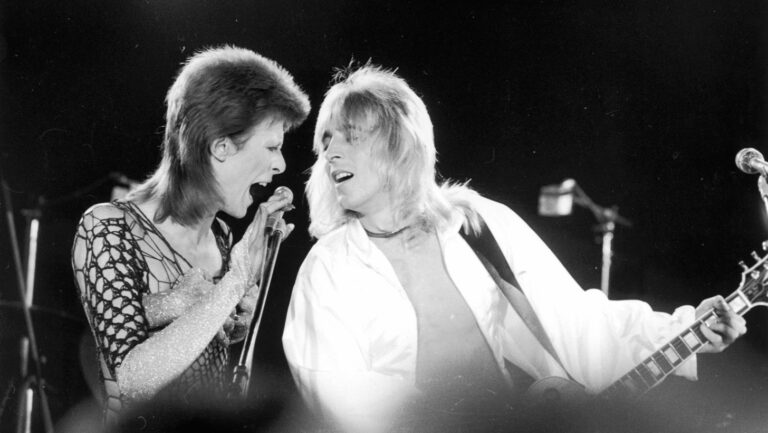Film Review: Beside Bowie: The Mick Ronson Story
Portrait Of Unsung Guitar God Lets You Doc Out With Your Rock Out


Latest Article|September 3, 2020|Free
::Making Grown Men Cry Since 1992

